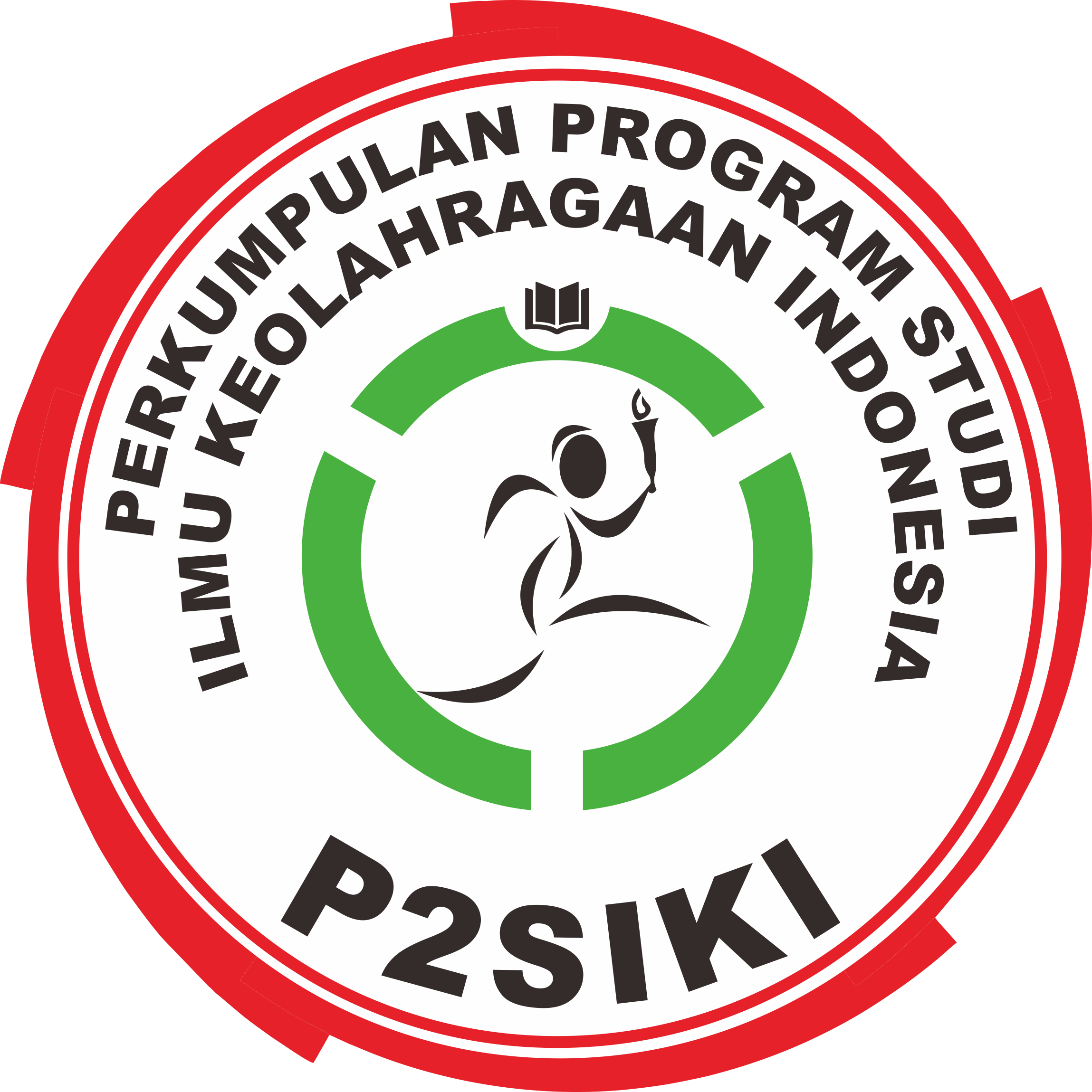Efek Psikologis dari Pendidikan Jasmani ditinjau dari Teori Neurosains dan Teori Kognitif Sosial
(1) Ilmu Kesehatan Masyarkat, FIK, Universitas Negeri Semarang, Indonesia
Abstract
Telah terjadi krisis identitas di dalam mata pelajaran pendidikan jasmani (penjas) di beberapa negara di dunia, termasuk Indonesia. Banyak sekolah-sekolah yang ketika mendekati masa ujian akhir mengambil kebijakan untuk meniadakan pendidikan jasmani dan menggantinya dengan mata pelajaran IPA atau Matematika tambahan. Banyak pula guru-guru penjas yang kemudian merasa kurang percaya diri, kurang yakin apakah mata pelajaran yang diampunya betul-betul bermanfaat. Padahal banyak penelitian menunjukkan bahwa penjas adalah mata pelajaran yang penting dan amat bermanfaat bagi siswa, baik secara fisiologis maupun psikologis. Manfaat-manfaat psikologis dapat dijelaskan melalui teori Neurosains maupun teori Kognitif Sosial. Bila guru-guru penjas memahami dan menyadari manfaat-manfaat penjas selain menguasai ketrampilan-ketrampilan gerak yang akan diajarkan, guru-guru tersebut akan merasa lebih percaya diri dalam mengajar penjas. Guru penjas  selain mengajarkan ketrampilan fisik juga dapat menjelaskan manfaat-manfaat ini kepada siswa, serta membina suasana yang menyenangkan dalam pendidikan jasmani. Dengan demikian para guru penjas tidak usah merasa rendah diri, dan bahkan dapat mensejajarkan diri dengan teman-teman sejawat yang mengampu mata pelajaran lain.
Kata Kunci: Â neurosains; teori kognitif sosial
Abstract
Some countries in the world including Indonesia, have been suffering from identity crisis in physical education (PE). There are many schools make absence of physical education and extend Mathematics and Physics Science. There are also many physical education teachers who are not convinced whether physical education is beneficial for their students or not. Actually, there are many research results showed that physical education is an important subject and very useful for students, physically and psychologically. Psychological benefits of physical education can be explained through Neuroscience approach or Social Cognitive approach. If the PE teachers understand and realize those benefits, beside mastering the motoric skills needed, they will be more confident in teaching their subject. They will perceive that their position is on the same level as their colleagues, who teach another subjects. They can explain those benefits to their students while teaching, and create a good climate to make their students feel happy.
Keywords: neuroscience; social cognitive theory
Full Text:
PDFReferences
Bandura, A. 2002. Social cognitive theory in cultural context. Journal of Applied Psychology: An International review, 51, 269-290
Blaydes, J. 2001. A case for daily quality physical education. www.actionbasedlearning.com, accessed March 2008
Dwyer, T., Sallis, J.F.,Blizzard, L., Lazarus, N., & Dean, K. 2001. Relation of Academic Performance to Physical Activity and Fitness in Children. Pediatric Exercise Science, 13: 225-237
Lee, A.M., Landin, D.K.,& Carrter, J.A. 1992. Students’ thoughts during tennis instruction. Journal in Teaching Physical Education 11, 256-267
Lutan, R. 2004. Pembaruan Pendidikan Jasmani di Indonesia. Jakarta: Penerbit Ditjen Olahraga
Ommundsen, Y., & Bar-Eli, M. 1999. Psychological Outcomes in Physical Education. In Y.V. Auweele, et al. (Eds.). Psychology for Physical Educators. USA: Human Kinetics
Podulka, D.P., James, M., & Womak, C.J. 2006. Effect of Physical Education and Activity Levels on Academic Achievement in Children. Medical Science Sport Exercise. 38: 1515-1519
Rachmah, L.A. 2009. Pendidikan Jasmani dan Prestasi Akademik: Tinjauan Neurosains. Jurnal Pendidikan Jasmani Indonesia. 6 (1): 65-74
Rahayu, T. 2003. Mendidik Melalui Aktivitas Jasmani. Pidato Dies Natalis XXXVIII UNNES, Semarang, Maret
Rustiana, E.R. 2009. Harmony Physical Education: its influence on primary school students’ emotional intelligence. Paper. Presented in 26th ACHPERD International Conference, Brisbane, Australia, July
Trust, S.G. 2007. Active Education: Physical Education, Physical Activity, and Academic Performance. Active Living Research. A National Program of Robert Wood Johnson Foundation.www.activelivingresearch.org.
Uhamisastra & Yudiana, Y. 2003. The Contribution of Physical Education and Some Sort Skills on Emotional Intelligence of Elementary School Students. Paper. International Conference on Sport Science and Physical Education Profession. Bandung. March
Refbacks
- There are currently no refbacks.
Published by:
Department of Sport Science, Universitas Negeri Semarang
Gd. F1 Lt. 1 FIK-UNNES, Jalan Raya Sekaran Gunungpati Semarang Indonesia 50229, Telp/Fax: (024) 8508007
This work is licensed under a Creative Commons Attribution 4.0 International License.




